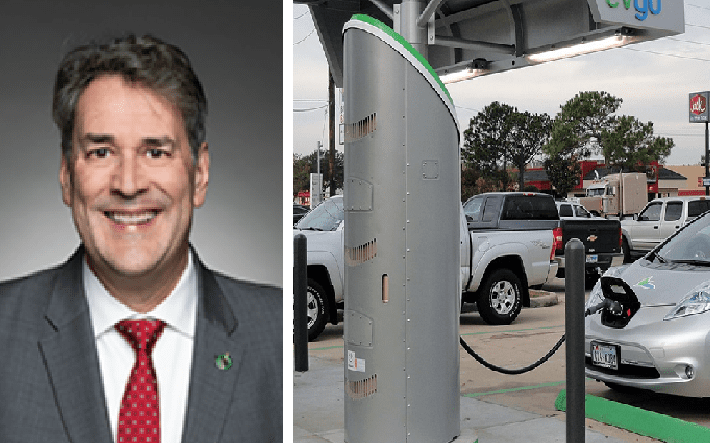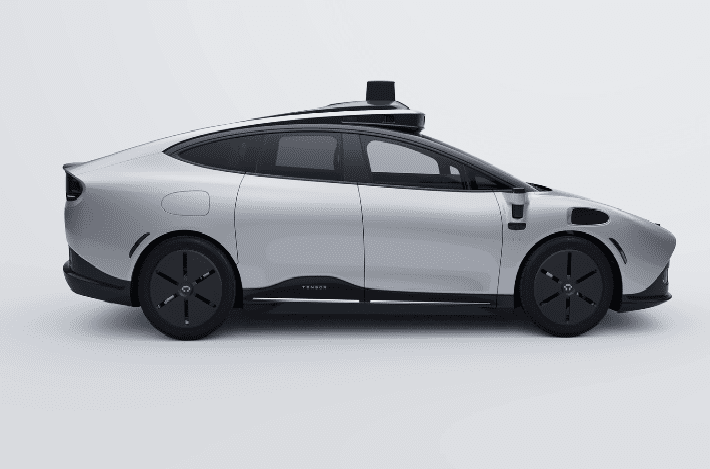Toronto, Ontario — According to a Bloomberg Green analysis report of electric vehicle (EV) adoption rates around the world, 31 countries have now reached a five percent threshold.
This threshold represents a tipping point of new car sales being fully electric. When Bloomberg first completed a similar analysis in 2022, only 19 countries had passed this point.
This transition number is important because it signals the flattening of barriers such as cost, a lack of infrastructure and consumer skepticism surrounding EVs.
“Once enough sales occur, you kind of have a virtuous cycle,” said Corey Cantor, an EV analyst at BloombergNEF. “More EVs popping up means more people seeing them as mainstream, automakers more willing to invest in the market and the charging infrastructure expanding on a good trajectory.”
Several countries on the list crossed the tipping point last year with Thailand surpassing the 5 percent threshold in the first quarter of 2023 and then rising to nearly 13 percent of new car sales being electric by the last quarter of the year.
Comparatively, the United State’s tipping point didn’t occur until the end of 2021, something that for Bloomberg, is “relatively late for a country with its economic clout.”
Two years later, and the U.S. continues to lag behind, Bloomberg further commented. “Fully electric cars accounted for 8.1 percent of U.S. auto sales last quarter, far short of the 18.1 percent average for 20 countries at the same point on the adoption curve.
The countries that have now passed the EV tipping point account for two-thirds of the world’s auto sales.
Canada made the list with a 9.4 percent adoption rate.
To see the full report, click here.



















